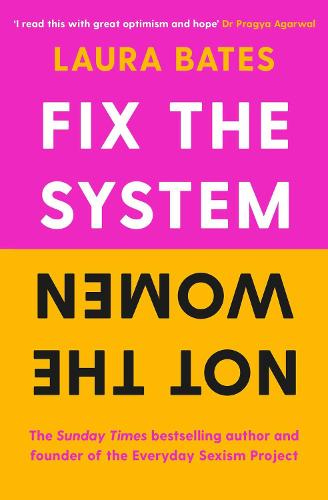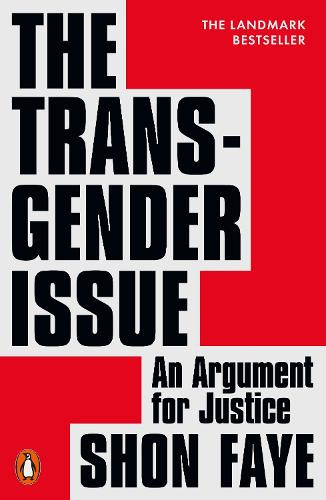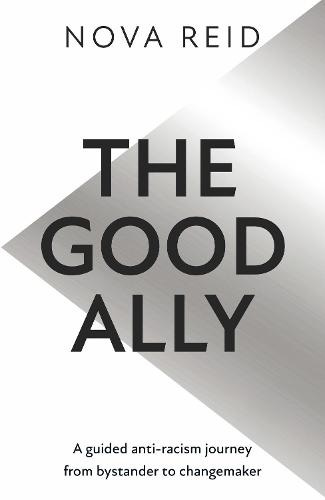International Women’s Day (IWD) left me feeling bleak. And I’ve realised that’s nothing new, it’s been uncomfortable for some time now. It’s wormed its way into some self-congratulatory echo chamber where people meet for brand-sponsored networking brunches and post about the strong and brilliant women in their lives or Taylor Swift ‘Fuck the patriarchy’ memes. My best friend joined a zoom meeting on the morning of IWD and the client – meaning to say ‘Happy International Women’s Day’ – accidentally started with: ‘Happy Halloween’. If that doesn’t surmise the emergent futility, I don’t what does. I feel like it’s lost the plot… it’s refocused on the idea that women deserve to be celebrated instead of calling out the political horrors they face all over the world. We’ve missed the memo and what’s snowballed from productive activism and spreading awareness is now a red-letter day. But what is it we’re meant to be celebrating exactly?
International Women’s Day should be a day of outrage. Outrage that only 35% of MPs are women in the UK; outrage that three women are murdered every week in the UK by a man and women worldwide are killed by a family member every day; outrage that a third of girls are sexually assaulted in our schools; outrage that recent statistics from the OECD found that the UK has the second most expensive childcare system in the world and for the first time in decades, the number of women not returning to work after having a baby is on the rise; outrage that trans women are being increasingly fearmongered, their right to their identity being continually threatened. And yet we seem to be sitting on panels, sipping mojitos, using it as an opportunity to sell our businesses or products.
And I’ve sat on these panels so there’s no judgement, it’s more the unnerving futility of them when people are asked about their career highlights and to give advice about how they got to where they are. Shouldn’t spaces on these panel be reserved for women who are working on the frontlines of women’s rights all year round? What IWD should be about is those women in the world who are facing slavery, forced marriage, human trafficking, those women in the world who are seeing their rapist walk away without a conviction (99% of rapes reported to police in the UK go unconvicted), those women in the world having to feed their children out of food banks and those women in the world who still have no freedom in their lives.
The journalist Terri White wrote a piece called ‘Screw International Women’s Day’ in the New Statesman last week about all the empty rhetoric surrounding IWD: ‘Ploughing money into massages, yoga classes, drinks parties, networking brunches and internal panels (which are primarily aimed at professional, middle-class women) feels like a performative distraction from the real landslide of slurry we’re currently being buried under. The message: many women sink, but some can still scramble their way to an air pocket. And hey, be grateful! You’re the exception!’
A façade has been constructed suggesting change is happening so we might distract women with the powers and the means to act out. We know that we’re seeing regression not progression in a lot of areas of women’s rights, change is only going to come if we stop celebrating ourselves and instead move as a collective to demand and enforce change.
And it’s complicated, right? How do we resolve one woman’s issue (which is that the gender pay gap is failing to improve) with another woman’s (which is that she lives in the most dangerous country in the world for a woman). There can be a gulf between our inequalities and that in itself can segregates us. A few years ago, I published a book by Sue Lloyd Roberts, a formidable journalist and broadcaster, she was the UK's first female video-journalist to report alone from the bleak outposts of the Soviet Union, China and Iran. Her book is called The War on Women and in it she deconstructs the struggles women face through the individual stories of the those she had met throughout her 30-year-long career: those imprisoned in a baby laundry in Dublin; those trafficked and forced into the sex trade in Bosnia; those responsible for taking over their mother’s role as the village female circumciser in The Gambia; those married off in Jaipur at the age of six. Sue makes a case for how all of these issues interconnect and sets out how we need to unite as a force to bargain for real change.
I’m not saying IWD is a bad idea. I’m certainly not saying it shouldn’t happen. I’m also not saying women shouldn’t have a moment to celebrate their achievements, or that it doesn’t offer any value. I’m simply saying the discourse has gone mainstream and in doing so the messages have been diluted. They’re being swayed into capitalistic gain for brands and corporations and the grass-root intentions are being commodified. Using social media – a capitalist tool – to celebrate ourselves, to me, doesn’t seem like the right port of call. At least not anymore.
Let’s consider the widely different attitude that Latin America brings to IWD. The writer Natalia Albin writes in her piece ‘Don't wish me a Happy Women's Day’ about how IWD in Mexico is a day of protest and commemoration, last year it saw 75,000 women take to the streets in chants condemning patriarchal violence and writing the names of women who have been killed on government buildings. Or perhaps we should look back in time to the 1970s women’s strike in Iceland where women refused to work, cook or look after children for the day, leading to so many companies and institutions coming to a halt that it showed the force of women and ‘completely changed the way of thinking.’ What we need is this level of organised and collective action.
I’m certainly not putting myself on a pedestal here either, this helplessness I have been feeling around IWD has led to an inertia on my part where I back away because it makes me feel uncomfortable. And that is arguably worse. That’s why I’m writing this piece. For me, I look to those women at the forefront of the issues for guidance. Laura Bates, the British writer and feminist activist provided a concrete list of actions that will have real impact which I found helpful and am sharing here:
DONATE
To an incredible organisation that’s doing the work all year round such as ‘Pregnant then Screwed’
https://www.justgiving.com/themotherhoodplan
PROTEST
Against the proposed new legislation that destroys the right for women to claim asylum.
VOLUNTEER
Volunteer for an organisation that is working on a matter close to your heart.
SIGN
Take a moment to sign those petitions, it can make a difference.
https://www.change.org/p/tampon-tax-ended-where-are-the-price-cuts-droptampontax
READ
We can sometimes feel helpless and overwhelmed by what women are really facing, but reading can better equip us with the information we need and builds confidence.
Here are books I’ve read (some of them I’ve also worked on), that have certainly helped me:
My hope is that next year we can all participate in more radical action on IWD as opposed to mere celebration.












I’m so thankful you wrote this. On Wednesday I was scrolling through social media and my main thought was, “Wait, what’s the point of Women’s Day?” I felt totally separate from what I was seeing online to what I feel in my body and mind about what it means to be a woman.
Yes to all of this! There's a campaign in Australia this year aptly calling IWD 'a day of corporate gender equality gymnastics' - https://www.morethancupcakes.com.au